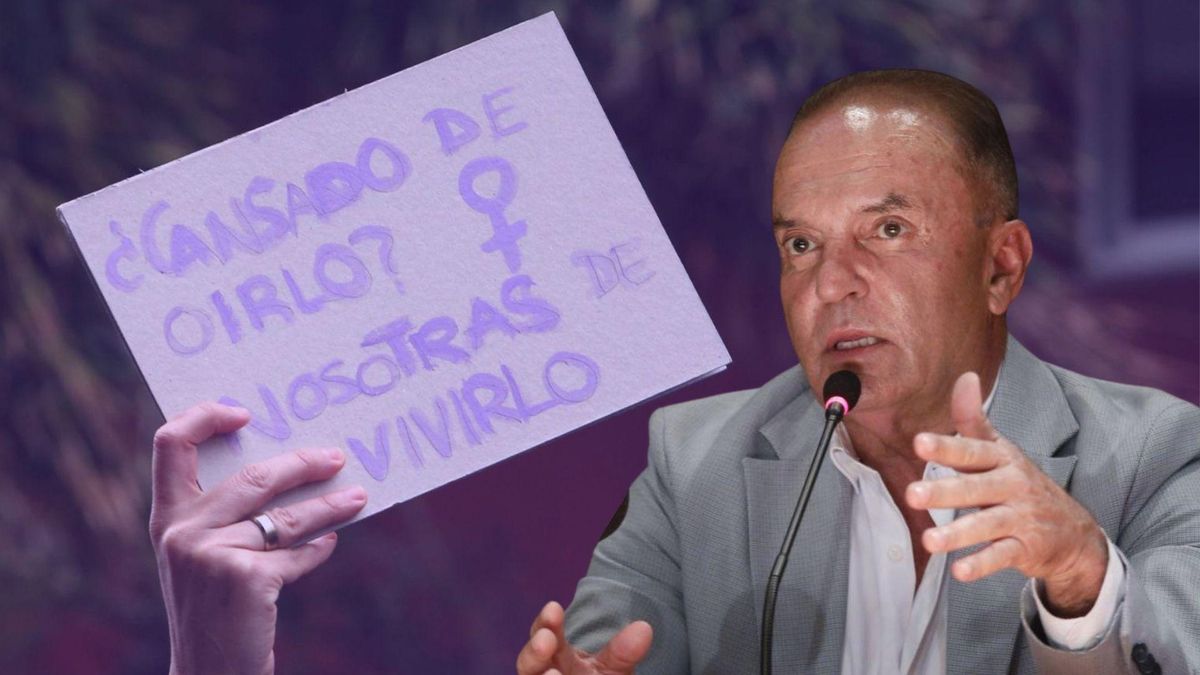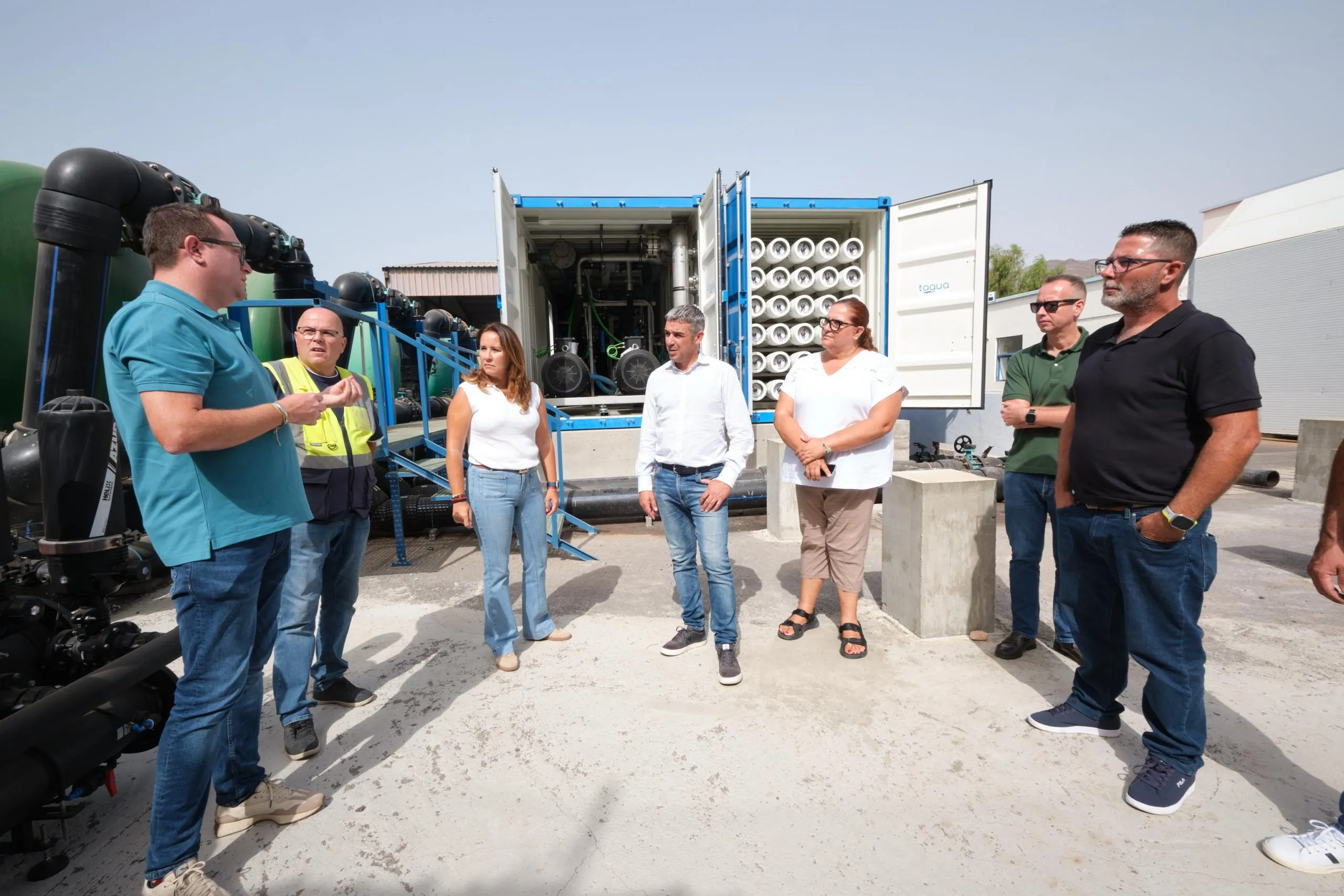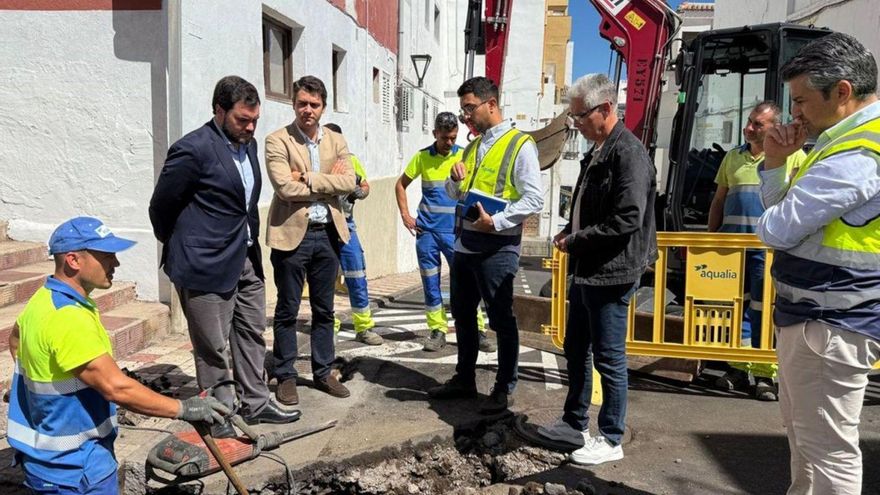Controversy Erupts Over Mayor’s Admission of Housing Abusers to Hotels

The leader of the municipality of Tinajo, Lanzarote, admitted during a council meeting that he accommodated abusers in hotels to prevent their arrest. Experts have outlined how local police should act to protect victims.
Local Authority’s Admission Raises Alarms
In a municipal plenary session, Jesús Machín (Coalición Canaria), the mayor of Tinajo, stated: “Whenever there is a conflict involving gender-based violence […] the police call me. They say, ‘Suso, we have a problem. Either we can help this man leave this woman (sic) alone, or we must arrest him. There are children involved.’ I then respond: ‘Well, as we have done before, send him to the hotel.'” These comments swiftly drew public attention and raised concerns within government administrations and society regarding potential breaches of the law regarding the protection of gender violence victims.
Documents in the Canary Islands outline the required procedures for the local police in cases of gender-based violence. None mention placing abusers in hotels or consulting the mayor about the arrest of the aggressor. According to sources from the Local Police of Arrecife—the only unit on the island that has a dedicated Minor and Family Unit (UMEF) for the prevention and comprehensive protection of gender violence victims—”It is clear that, upon receiving a call about possible gender-based violence, in cases involving criminal acts, we must arrest without consulting anyone.”
Protocol Violations and Official Responses
These sources refer to the 2005 Protocol on the actions of security forces and coordination with judicial bodies for the protection of gender violence victims established by the Spanish government. “In such situations, we proceed with detention, and it is the judicial authority that must be informed,” they emphasise.
Eloy Naranjo Perera, sub-inspector responsible for the Local Protection and Accompaniment Unit (UPAL) and the Judicial Police Group (GAPJ) of Las Palmas de Gran Canaria, supports this: “According to the Penal Code, police officers are obliged to intervene in any prosecutable criminal act.” He adds, “Neither the councillor nor the mayor have the authority to decide whether to proceed with the detention of a person.” In cases of defamation and humiliation, police do not act without a complaint from the affected party, although psychological assistance will later determine whether the woman is a victim of psychological abuse.
Naranjo explains the procedure in Las Palmas de Gran Canaria: “Uniformed personnel arrive at the scene and conduct an initial assessment with both the victim and the aggressor.” He notes that most officers are trained to interview them separately to prevent any interaction. “Once this initial interview is completed and it is established that it is a case of gender violence, our unit is activated,” he continues.
Once on-site, a patrol proceeds to arrest the aggressor, while the UPAL interviews the woman. Officers schedule an appointment with the unit’s psychologist for immediate assistance. “We activate the DEMA (Emergency Device for Assaulted Women of the Canary Islands Government), take her to a medical centre for a report of injuries, and then accompany her to file a complaint with the National Police. From there, we support her until the trial takes place,” explains the sub-inspector.
Protocol for Victim Protection
When a conviction occurs, a police officer is assigned to the victim for protection duties. “Our agents do not involve the councillor or the mayor. Each has their functions, and we intervene when necessary. We liaise with the National Police, as that is the body to which we present the detainee,” Naranjo adds. Additionally, UPAL facilities are separate from the Local Police Headquarters to ensure victim anonymity and prevent re-victimisation.
The Government of the Canary Islands and the Ministry of Equality established the Inter-institutional Coordination Protocol for the Attention of Victims of Gender Violence in the Autonomous Community of the Canary Islands. This document also outlines the police’s role as “key actors in combating impunity for gender violence,” according to the United Nations. Collecting evidence, managing security and victim protection, and assessing risk levels are among the necessary tasks for officers.
Mayor’s Apology and Miscommunication
Four days after the plenary session and shortly after his comments were made public, the mayor of Tinajo issued an apology and denied accommodating abusers. “On the contrary, the measures taken by both the institution and the Local Police of Tinajo have always aimed to ensure the victims’ safety, providing accommodation in situations of special vulnerability,” defended Machín in a statement.
“The municipal priority is to offer shelter and preventive protection to victims who refuse to lodge a complaint while the Local Police or other security forces may pursue an eventual accusation,” he stated.
The long-serving leader of Coalición Canaria justified these “alternative solutions” by citing a “lack of supervised housing for victims, unlike other administrations.” In a public statement made to Televisión Española the day after the controversy erupted, the mayor indicated that such accommodation is offered to victims without a safe place to stay, particularly those with minors.
“So we go to the hotel; there’s a very economical agreement in place to ensure that person is protected from any form of aggression,” he asserted. However, he made another misstep by disclosing the name of the establishment allegedly housing victims. “This is extremely serious, especially if we’re discussing a very small municipality where victims, aggressors, friends, and families coexist closely,” stated Kika Fumero, a public policy adviser on Equality, Gender Violence, and Human Rights.
Concerns Over Language and Perception
In his address during the council meeting, Machín referred to gender violence using terms such as “incidents” or “conflicts.” Kika Fumero believes the use of such terminology “exploits the wave of denialism around gender violence” and seeks to impose a social narrative. “The impact is a regression in the narrative. What interests the right and far-right is to attempt to reverse all feminist advancements and return to a place where their privileges were guaranteed,” the expert assesses.
“Ceasing to speak of gender violence and reverting to discussions of domestic conflicts and personal issues undermines the entire narrative and awareness that we have fought hard to convey to society,” she adds. “We have made significant strides not just with the general public, but also through the media, which has a megaphone and the capacity to generate awareness,” the expert recalls.
Regarding the accommodation of abusers in hotels using public funds, Fumero insists this is “an affront and a frontal attack against all victims of gender violence.” “I am not surprised, as it aligns with the same rhetoric of those who refer to domestic disturbances or passionate conflicts. They are pushing the presumption of innocence to such an extent that it is the women who find themselves on trial, while abusers are afforded privileges,” she concludes.














